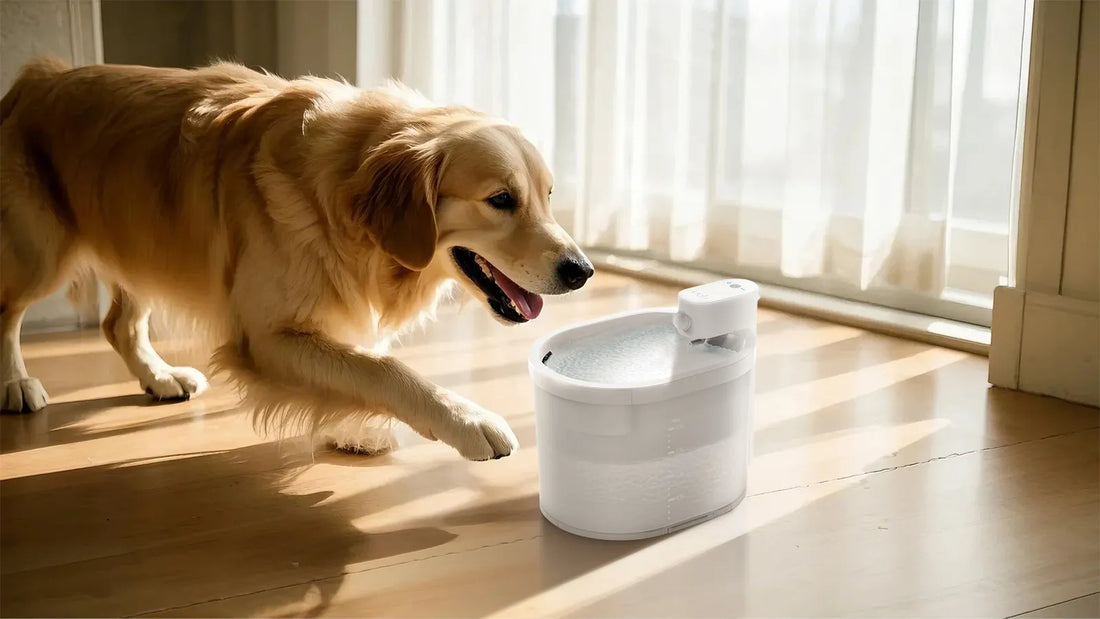Have you ever wondered how long after feeding your dog it will need to poop? Understanding your furry friend's digestive system is crucial for their health and your peace of mind. This guide dives into the factors that influence your dog's bowel movements and provides practical tips to ensure their digestive health is on track.
The Digestive Process in Dogs
Dogs, like humans, have a complex digestive system that breaks down food into nutrients and eliminates waste. The time it takes for food to move through this system varies depending on several factors. Generally, it takes between 6 to 8 hours for food to pass through a dog's digestive tract. However, this can range from 4 to 12 hours depending on the dog's size, age, and diet.
Factors Influencing Bowel Movements
Several factors can affect how long after feeding a dog it poops. These include:
- Size and Breed: Larger breeds tend to have slower digestion compared to smaller breeds.
- Age: Puppies and senior dogs may have different digestive rates compared to adult dogs.
- Diet: The type of food your dog eats plays a significant role. High-fiber diets can speed up digestion, while fatty foods may slow it down.
- Activity Level: Active dogs tend to have faster digestion due to increased metabolism.
- Health Conditions: Certain medical conditions can affect digestion and bowel movements.
Typical Timeline for Bowel Movements
On average, most dogs will need to poop within 30 minutes to 1 hour after eating. However, this can vary. Some dogs may take longer, especially if they have eaten a large meal or if their diet is less digestible. Puppies, for example, may need to poop more frequently due to their faster metabolism.
Signs of Healthy Digestion
Healthy digestion in dogs is characterized by regular bowel movements, firm stools, and no signs of discomfort. If your dog is pooping consistently after meals and their stool is well-formed, it's a good indication that their digestive system is functioning properly.
Tips for Maintaining Regularity
To ensure your dog maintains regular bowel movements, consider the following tips:
- Consistent Feeding Schedule: Feed your dog at the same times each day to regulate their digestive system.
- Balanced Diet: Provide a diet that is rich in fiber and nutrients to support healthy digestion.
- Hydration: Ensure your dog has access to fresh water at all times to aid digestion.
- Exercise: Regular physical activity can help stimulate bowel movements.
- Monitor Changes: Keep an eye on any changes in your dog's bowel habits and consult a vet if necessary.
When to Consult a Vet
While variations in bowel movements are normal, certain signs may indicate a problem. If your dog is experiencing diarrhea, constipation, or straining to poop, it's important to consult a veterinarian. Additionally, if there are sudden changes in their bowel habits or if they are not pooping at all, seek professional advice immediately.
Understanding how long after feeding a dog it poops is essential for maintaining their health and well-being. By paying attention to their digestive habits and making necessary adjustments to their diet and lifestyle, you can ensure your furry friend stays happy and healthy. If you notice any concerning signs, don't hesitate to reach out to your vet for guidance.













